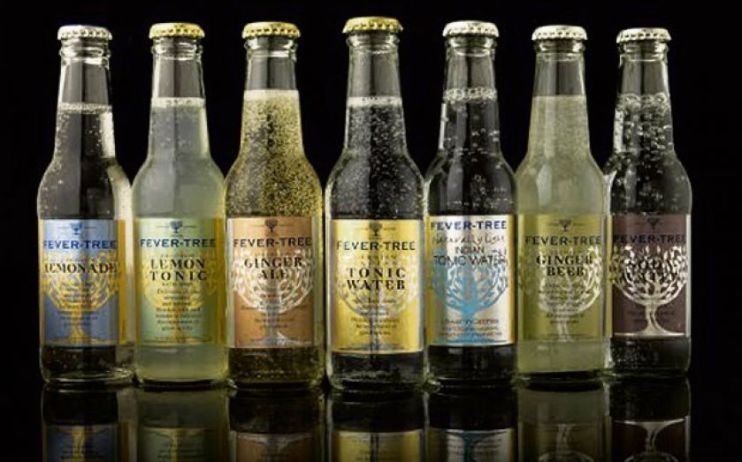Fever-Tree shares lose fizz as bar closures bite

Fever-Tree’s share price slipped more than five per cent as markets opened this morning, after lockdown-enforced bar and pub closures left the brand too reliant on supermarket sales.
Overall revenue fell 11 per cent year on year in the six months to the end of June, dropping to £104.2m from £117.3m.
In the UK a fifth of sales fell away, but this was compensated by sales in the US — a smaller, newer market for the company — rising 39 per cent.
Fever-Tree said it had used the lockdown period to significantly adapt its budgets towards accommodating the at-home cocktail market, creating its first ever UK television ad and rolling out larger product sizes in supermarkets.
Underlying profit for the period came in at £23.8m, down from £36.7m a year earlier.
However Fever-Tree raised its dividend by four per cent to £5.41, after increasing its net cash position by more than a third in the first half of the year.
“It’s clear Fever-Tree wants to bottle the success of appealing to drinkers at home, by launching its first ever national television advertisement in the UK,” said Susannah Streeter, a senior investment and markets analyst at Hargreaves Lansdown.
“This will add significantly to marketing spend, but should help the company maintain and build on its sparkling number one premium brand position.”
Fever-Tree chief executive Tim Warrillow said the company had not laid off any staff during the pandemic, instead shifting some employees between divisions and hiring extra hands to help with its renewed focus on off-trade sales.
He added that the firm was now preparing with its bar and restaurant partners for a return to normal levels of trade, as punters begin to head back to the streets.
“We have had an encouraging start to the second half of the year and, while we certainly aren’t immune to the ongoing challenges of Covid-19, our performance and our investments so far this year, coupled with the growing interest in long mixed drinks, gives me confidence that we will exit the crisis in an even stronger position than we entered it,” Warrillow said.